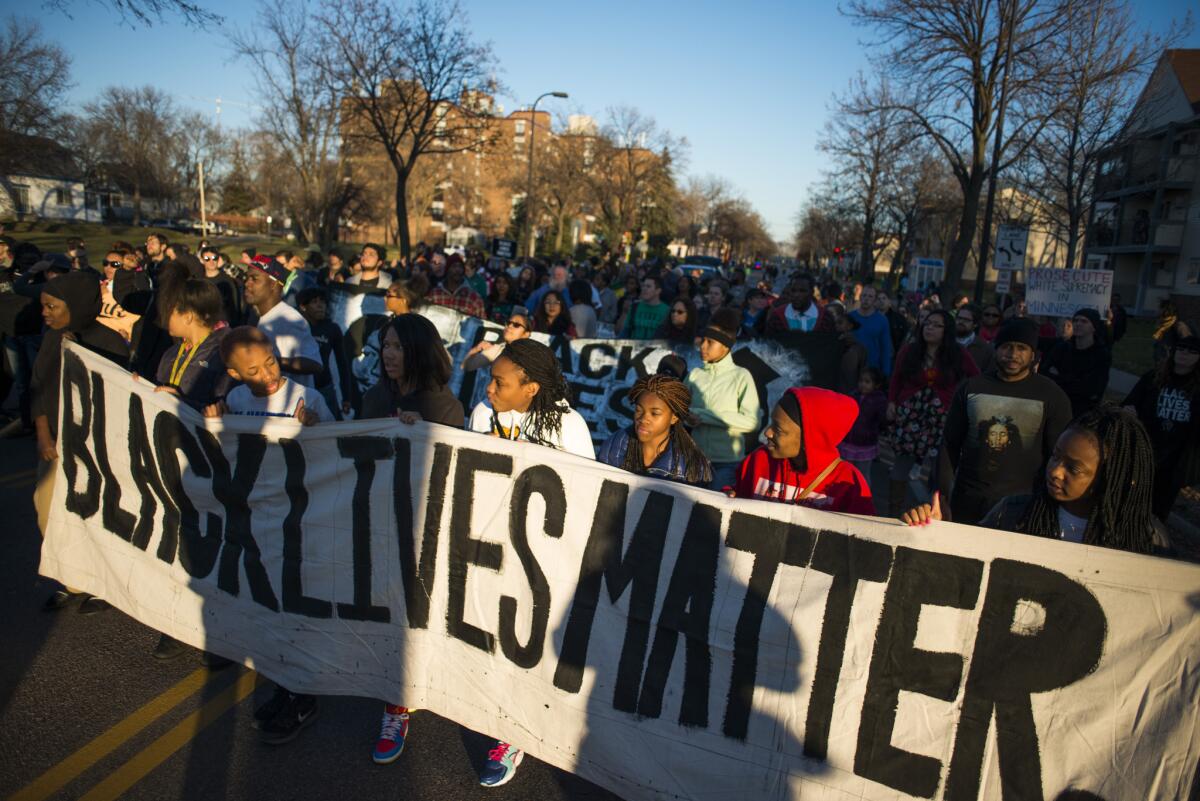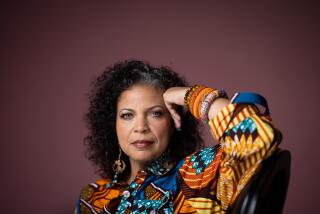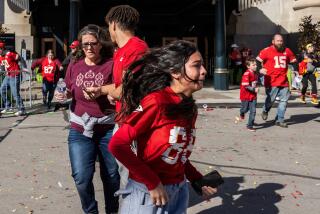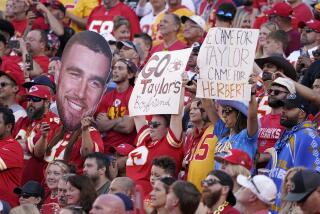Op-Ed: Black Lives Matter and Michael Bloomberg: the oddest couple?

Neighbors and community members gathered at the scene where a man was shot and wounded by a Minneapolis Police officer early Sunday, Nov. 15.
- Share via
When media outlets from the National Journal to Rolling Stone cover the bipartisan push for criminal justice reform — an effort that includes everyone from Rand Paul to Cory Booker, the Koch brothers to even the ACLU — their go-to phrase to characterize the movement is “unlikely coalition.” Actually, there’s nothing particularly surprising about the fact that civil libertarians come in more than one flavor or political party. Disagreement on, say, taxation doesn’t necessitate disagreement on mass incarceration.
Meanwhile, the media have treated the budding partnership between the ascendant Black Lives Matter and the perennially frustrated gun control movement as if it were the most natural thing in the world — probably because both efforts lean left. That alliance, however, is truly unlikely, even nonsensical. Historically, civil rights and gun control have been at odds. The blunt fact is that one side seeks to rein in law enforcement, while the other wishes to give it more power.
Whenever government agents gain more power over citizens ... poor and disadvantaged communities will be on the receiving end first and hardest.
“Why isn’t gun control part of the Black Lives Matter platform?” lamented the Boston Globe’s Farah Stockman in September. As if in answer to her prayers, Politico reported last month that “groups aligned with Black Lives Matter have started taking part in weekly conference calls with Washington’s top gun control advocates.” One of the main sources in the Politico story, National Urban League President Marc Morial, is an advisory board member of the Michael Bloomberg-run advocacy group Everytown for Gun Safety. The gun control movement, Morial said in a much-forwarded quote, “is too white.”
There may be more to that observation than many National Rifle Assn. haters care to discuss. As Supreme Court Justice Clarence Thomas noted in his blistering concurrence in 2010’s McDonald vs. Chicago, which incorporated the 2nd Amendment as an individual right in all 50 states, explicitly racist gun restrictions and confiscations were a critical tool for pro-slavery whites in the post-Civil War South.
“Militias such as the Ku Klux Klan, the Knights of the White Camellia, the White Brotherhood, the Pale Faces, and the ’76 Association spread terror among blacks and white Republicans by breaking up Republican meetings, threatening political leaders, and whipping black militiamen,” Thomas wrote. “Without federal enforcement of the inalienable right to keep and bear arms, these militias and mobs were tragically successful in waging a campaign of terror against the very people the Fourteenth Amendment had just made citizens.”
Closer to our era, the sight of armed Black Panthers marching into Sacramento’s state Capitol building in 1967 proved spooky enough to white sensibilities that the NRA and then-Gov. Ronald Reagan both supported a reactionary ban on open carry.
And then there’s Bloomberg. This would-be ally of Black Lives Matter is the primary defender of one of BLM’s most hated policies: New York’s notorious stop-and-frisk program. During Bloomberg’s tenure as mayor, cops shook down more than 1,100 residents a day in overwhelmingly poor and minority communities, helping produce nearly 40,000 marijuana arrests a year even though low-level pot possession was essentially decriminalized in the state. (In a neat trick, police would ask friskees to turn out their pockets, at which point they were exposing themselves to the Class B misdemeanor of making weed “open to public view.”)
We think of stop-and-frisk as a drug or simple harassment measure, but Bloomberg’s legal justification was the need to keep guns off the streets. According to Bloomberg’s logic, cops needed to initiate more than 5 million interactions between 2002 and 2013, 86% of which were with black or Latino residents, just so that once every 500 stops or so the effort would turn up a firearm.
There is an always timely lesson in those statistics: Whenever government agents gain more power over citizens, whether to enforce bans on loose cigarettes or raze private property to build a baseball stadium, poor and disadvantaged communities will be on the receiving end first and hardest.
Campaign Zero, a criminal justice reform organization emanating from the decentralized Black Lives Matter movement, recently released a 10-point plan to curb police violence. High on the list: “End Profiling and ‘Stop-and-Frisk.’” Samuel Sinyangwe of Campaign Zero sensibly told the website TakePart last month, “I would encourage folks who have more insight into the potential racial impact of gun control legislation to present that research to the movement so we can have a more nuanced debate.”
Preliminary research shows plenty of disparate impact. The Washington Post’s criminal justice writer, Radley Balko, observed last year that in 2013, “47.3% of those convicted for federal gun crimes were black — a racial disparity larger than any other class of federal crimes, including drug crimes.”
In fact, guns and drugs have been inextricably linked in both the creation of the mass incarceration system and the reform movement aiming to scale it back. Bill Clinton’s omnibus 1994 crime bill, which the former president recently apologized for signing, included not just across-the-board increases in penalties for illegal narcotics but also an assault weapons ban. The Senate’s Sentencing Reform and Corrections Act, which passed through committee last month, includes reductions in mandatory prison sentencing primarily for two types of aggravating circumstance: gun and drug possession.
Black Lives Matter cofounder Alicia Garza has called the disproportionate imprisonment of black citizens an “act of state violence.” How exactly would gun control, which boosts the state’s monopoly over violence and empowers police to harass citizens guilty of nothing more than living in higher-crime neighborhoods, improve matters? It will take more than an unlikely coalition to square that circle.
Matt Welch is editor in chief of Reason.
Follow the Opinion section on Twitter @latimesopinion and Facebook
More to Read
A cure for the common opinion
Get thought-provoking perspectives with our weekly newsletter.
You may occasionally receive promotional content from the Los Angeles Times.









